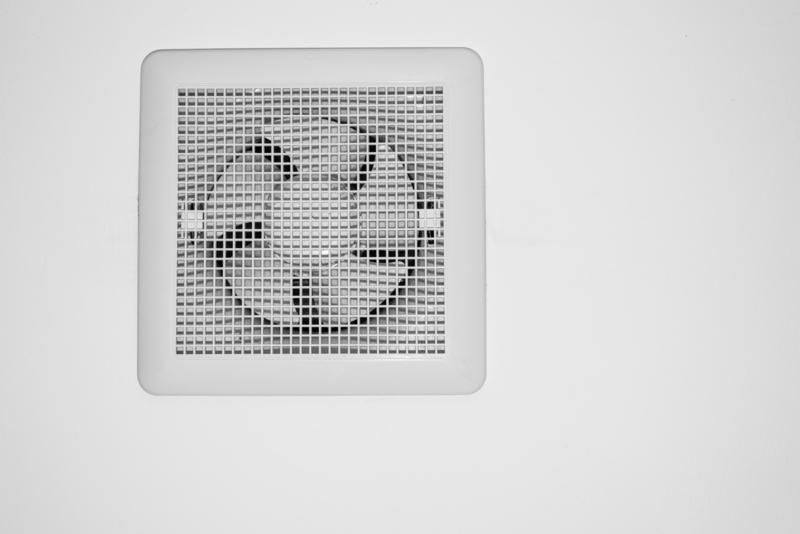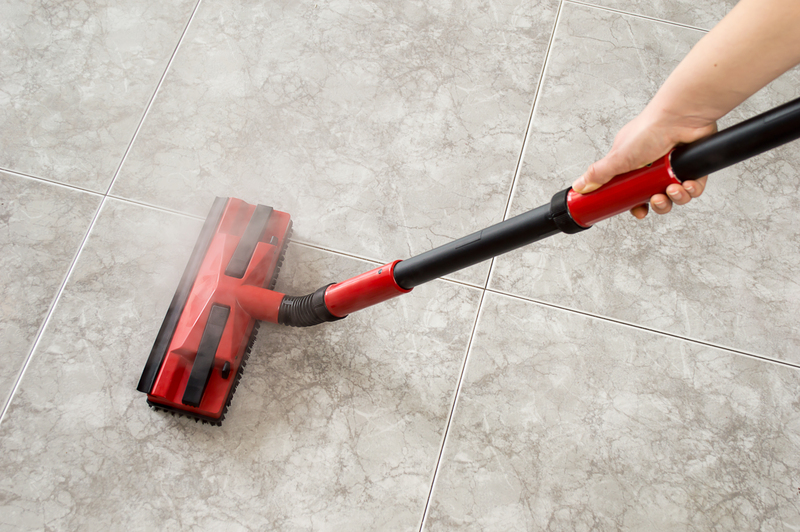How to Keep Upholstery Spotless
Posted on 16/10/2024
Keeping your upholstery spotless can be a challenging task, especially when you have a busy household, pets, or children. However, by implementing regular maintenance, using the right products, and addressing spills and stains promptly, you can ensure that your furnishings always look their best. In this article, we'll cover various techniques and tips for maintaining spotless upholstery, discuss the pros and cons, and provide key takeaways and conclusions.
Understanding Your Upholstery's Material
Before diving into cleaning methods, it's essential to understand the type of upholstery material you have. Different fabrics require different care, so always check the manufacturer's guidelines.
- Natural Fibers: Cotton, linen, wool
- Synthetic Fibers: Polyester, nylon, acrylic
- Blends: Combination of natural and synthetic fibers
- Leather: Genuine or faux leather

Regular Maintenance
Regular maintenance is vital for keeping upholstery spotless. Here are some key steps:
Vacuuming
Vacuum your upholstery weekly using a vacuum with an upholstery attachment. This helps remove dust, dirt, and debris that can cause wear and tear over time.
Brushing
Use a soft-bristled brush to gently remove dust and dirt from the surface of your upholstery. This is particularly useful for fabrics that can't be vacuumed easily.
Fluffing and Rotating Cushions
Fluff and rotate your cushions regularly to ensure even wear and prevent sagging. This will help maintain the shape and appearance of your upholstery.
Spot Cleaning
Accidents happen, and when they do, it's essential to act quickly to prevent stains from setting in.
Blotting
Blot the spill with a clean, absorbent cloth or paper towel. Avoid rubbing, as this can push the stain deeper into the fabric.
Using the Right Cleaning Solution
Choose a cleaning solution appropriate for your upholstery material. For most fabrics, a mixture of mild dish soap and water works well. For tougher stains, consider using a fabric-specific cleaner.
Test in an Inconspicuous Area
Before applying any cleaning solution, test it in a hidden area to ensure it doesn't cause discoloration or damage.
Using Professional Services
Sometimes, regular maintenance and spot cleaning aren't enough. Professional cleaning services can provide a deep clean that restores your upholstery to its original condition.
Protection and Prevention
Preventing stains and damage in the first place can save you time and effort.
Use Slipcovers
Slipcovers can protect your upholstery from spills, stains, and wear. They are easy to remove and wash, making them a practical choice for high-traffic areas.
Apply Fabric Protector
Fabric protectors create a barrier that repels liquids and prevents stains from setting in. Reapply the protector every six months for best results.
Keep Pets and Food Off Furniture
Set boundaries for your pets and family members to keep food and beverages away from upholstered furniture to reduce the risk of stains.
Pros and Cons of Keeping Upholstery Spotless
Pros
- Aesthetic Appeal: Clean upholstery enhances the look of your home.
- Longevity: Regular cleaning and maintenance extend the life of your furniture.
- Health Benefits: Clean upholstery reduces allergens and improves indoor air quality.
Cons
- Time-Consuming: Regular maintenance and spot cleaning can be time-consuming.
- Cost: Professional cleaning services and protective treatments can be expensive.
- Effort: Consistent effort and diligence are required to maintain spotless upholstery.
Tips
- Implement a cleaning schedule.
- Use coasters and trays to minimize spills.
- Avoid direct sunlight to prevent fading.
- Educate household members on proper care.

Key Takeaways
- Understand your upholstery material for appropriate care.
- Regular maintenance, including vacuuming and brushing, is crucial.
- Address spills and stains promptly using suitable cleaning solutions.
- Consider professional services for deep cleaning.
- Use protective measures like slipcovers and fabric protectors.
Conclusion
Keeping your upholstery spotless involves a combination of regular maintenance, prompt action on spills, and preventive measures. By understanding your upholstery material and using the right cleaning techniques, you can ensure your furniture remains in pristine condition. Although it requires effort and diligence, the aesthetic and health benefits make it well worth the investment.

